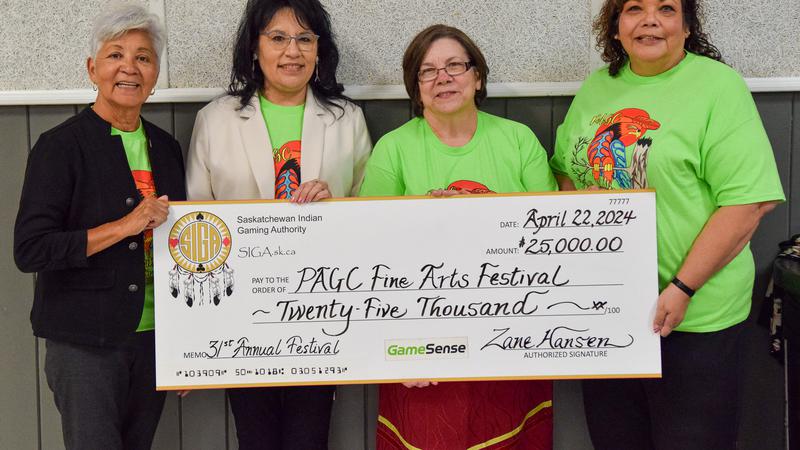
What Trudeau’s podcast appearances say about the Liberals’ next ballot box question
OTTAWA — Prime Minister Justin Trudeau knows Canadians aren’t listening.
He knows his defence against Conservative attacks over his signature climate policy isn’t working, at least not yet.
But he plans to keep trying. And while he’s at it, his office is trying something new to get the Liberal government’s message out.
Trudeau recently appeared on four podcasts as he travels the country talking up the Liberals’ latest budget, which he’s pitching as a plan to inject more economic fairness into society for those under 40 — a cohort that has kept Trudeau in power since 2015 but is increasingly turning to Conservative Leader Pierre Poilievre.


